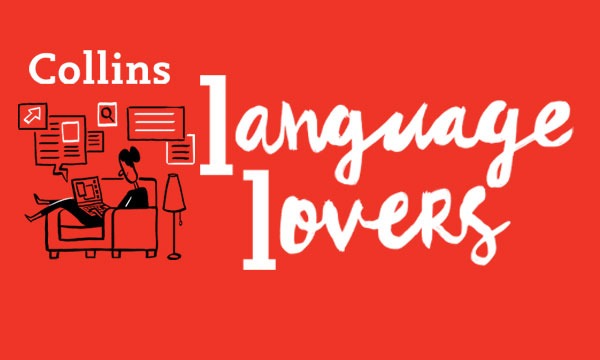The Danes introduced us to the idea of hygge. The Germans are fond of a spot of Gemütlichkeit. And now that the nights have well and truly drawn in, Scots are getting well and truly… còsagach.
Eh… còsagach? Say that again?
This wee Scottish Gaelic word (pronounced “kaw-sa-goch”, to rhyme with Scottish “loch”) has been catching the eye over the past few days, with VisitScotland recently tipping còsagach to be a lifestyle trend set to rival the spread and success of the Scandinavian concept of hygge. So what does it mean, and where has it come from?
“Còsagach” is an adjective of Scottish Gaelic origin, which can be used to mean snug, cosy or sheltered. It is also used to describe something that is full of holes, gaps or crevices.
The adjective is originally derived from the noun “còsag”, used to describe a small hole, crevice or cave – places where you could tuck yourself away from a wild winter to try and stay dry and warm. After all, nooks, crannies and snugs of any sort are very welcome places to be, especially in this chilly winter weather.
To (mis)quote that well-known carol, ‘tis the season to get còsagach. Get some peat on the fire, settle into the armchair and pour yourself a cuppa…or maybe a dram, if you prefer.
(PS, if you’re still wondering how to say it, here’s a quick video…)
By Gina Macleod
Collins Dictionaries



